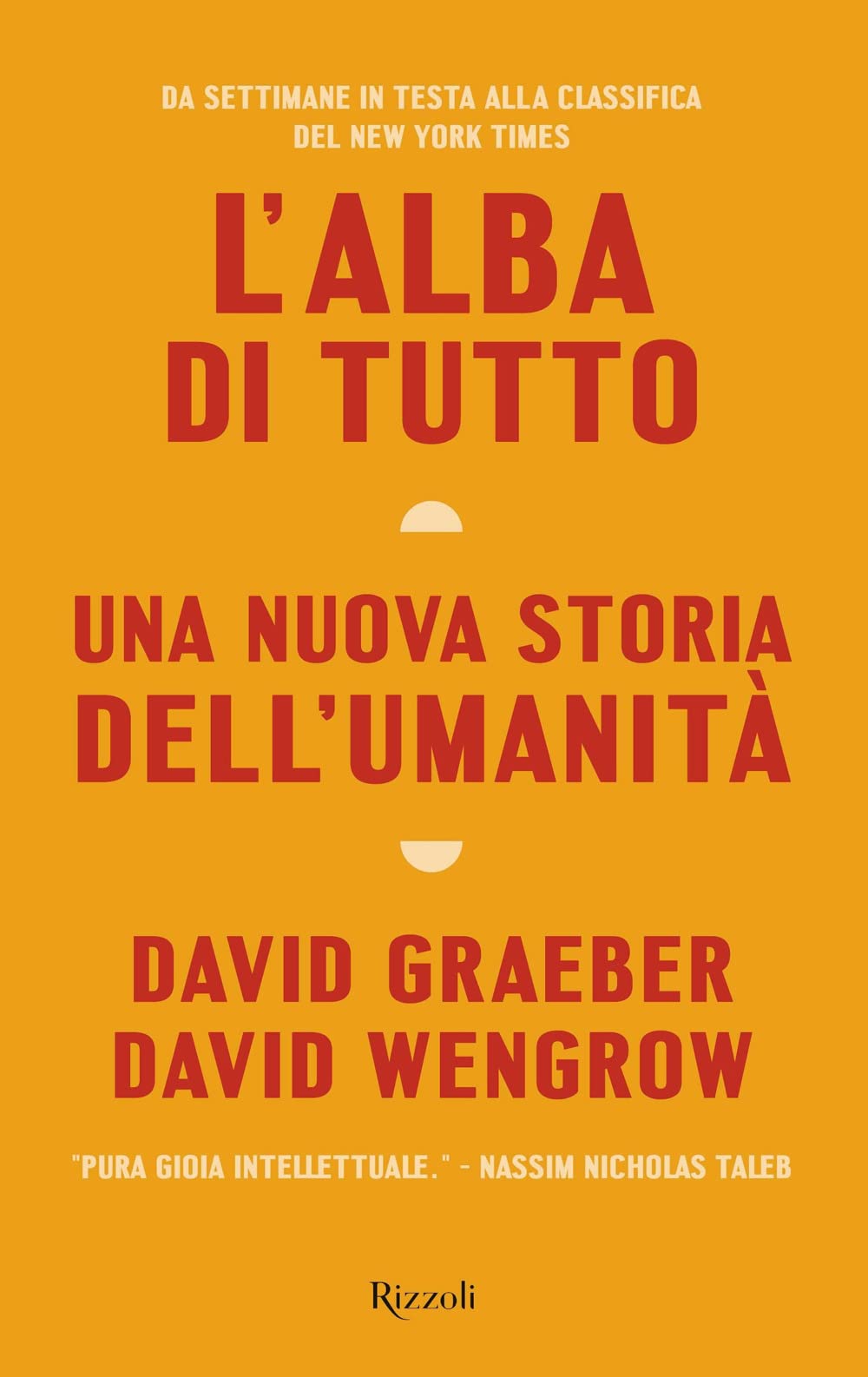Politics is Time Eternal
5 estrellas
Only "epic" will suffice. David & David tear apart the myth of historical destiny so thoroughly you'll be wondering how people entertained such insultingly simple anthropology beforehand. The book reveals political turmoil of all kinds through all ages of history. From democracies to dynasties, humanity is complex, treat it as such.
Only "epic" will suffice. David & David tear apart the myth of historical destiny so thoroughly you'll be wondering how people entertained such insultingly simple anthropology beforehand. The book reveals political turmoil of all kinds through all ages of history. From democracies to dynasties, humanity is complex, treat it as such.



